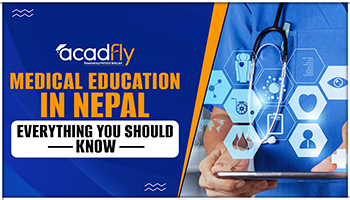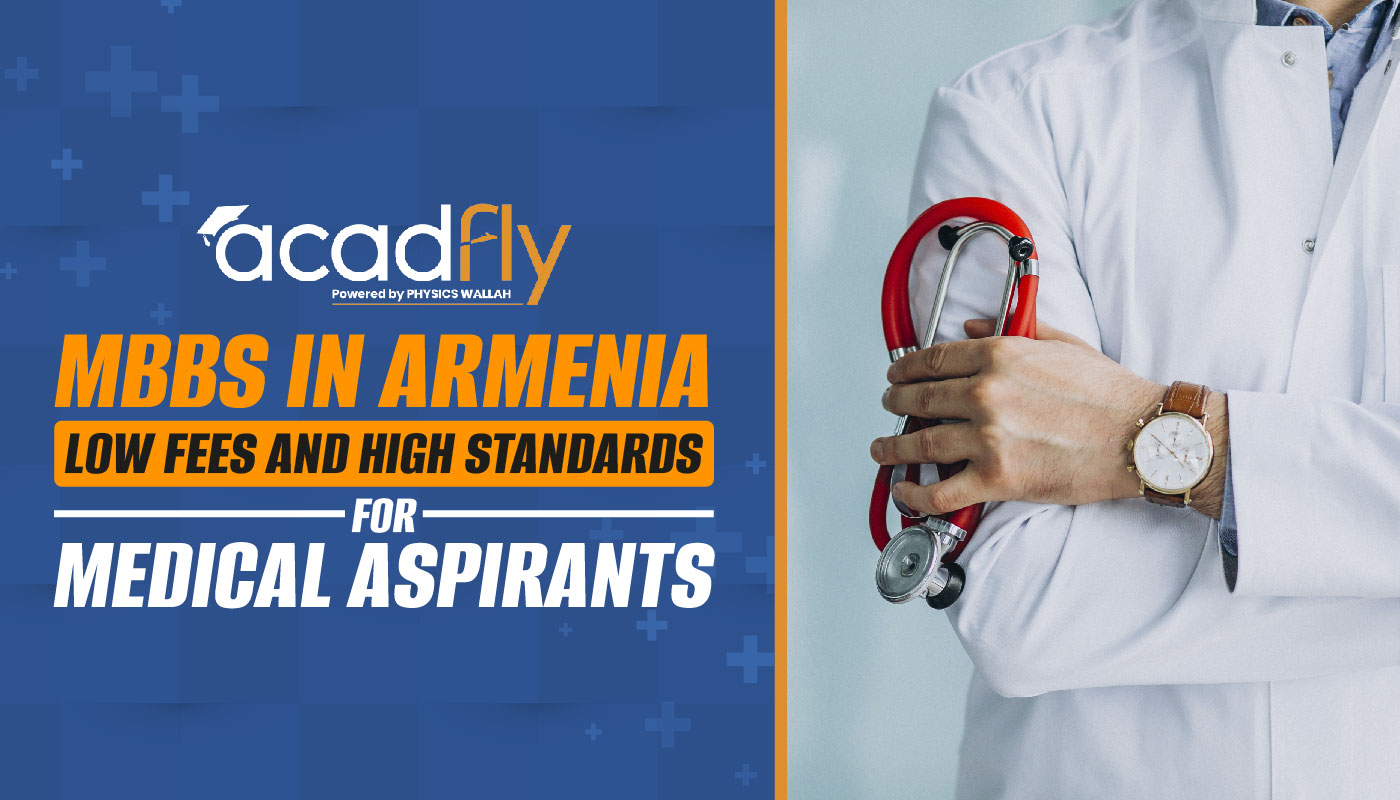

Pursuing a healthcare degree in Europe can be a rewarding endeavor for aspiring students. Understanding the healthcare degree requirements in Europe is essential for successful admission into programs. Each country may have specific criteria, but common requirements often include a relevant undergraduate degree, proficiency in the English language, and an understanding of the local healthcare system. Additionally, many programs focus on practical experience, so applicants may need to demonstrate relevant work or volunteer experience in healthcare settings. By preparing adequately and meeting these requirements, students can take the first steps toward a fulfilling career in the healthcare sector.
Understanding Eligibility for Healthcare Masters in Europe
When considering a Master's in Healthcare in Europe, the first step is to understand the eligibility criteria set by different universities. Typically, applicants must hold a relevant undergraduate degree. This could be in fields such as medicine, nursing, public health, or healthcare management. Having a background in these areas helps ensure that students have the foundational knowledge necessary for advanced studies.
In addition to the educational background, many universities require applicants to have a certain level of professional experience in healthcare. This can include work, internships, or volunteer roles in hospitals, clinics, or community health organizations. This experience is crucial because it demonstrates the applicant's commitment to the field and helps them relate theoretical knowledge to real-world practices.
Language proficiency is another important eligibility requirement. Most programs in Europe are taught in English, so students whose first language is not English may need to take a language test, such as the IELTS or TOEFL. Universities typically expect a minimum score that shows students can understand and engage with complex healthcare topics. This requirement ensures that all students can fully participate in discussions, assignments, and clinical placements.
Lastly, some programs may have specific admission requirements, such as personal statements or letters of recommendation. These documents provide insight into the applicant's motivations, goals, and suitability for the program. It's essential for prospective students to carefully read the requirements of each university they are interested in and prepare their applications accordingly. By understanding and meeting these eligibility criteria, students can enhance their chances of being accepted into their desired Master's program in Healthcare.
IELTS Requirements for Healthcare Programs in Europe
For students aspiring to pursue healthcare programs in Europe, meeting the IELTS requirements is essential. Most universities expect applicants to demonstrate a certain level of English proficiency. This ensures that students can effectively engage with course materials and participate in academic discussions. Below are key points regarding the IELTS requirements for healthcare programs.
Minimum IELTS Score Requirement
Most universities in Europe require a minimum IELTS score between 6.0 and 7.5 for admission into healthcare programs. This score ensures that students possess adequate English proficiency to comprehend complex medical terminology and engage in academic discussions.
Higher-ranking universities often set a minimum of 7.0 or higher, reflecting the competitive nature of these programs. Meeting this requirement is crucial for a successful application.
Listening and Speaking Components
Healthcare programs emphasize effective communication, making the Listening and Speaking sections of the IELTS particularly important. Universities typically look for a minimum score of 6.5 in these components to ensure students can engage in conversations and understand lectures.
Strong performance in these areas indicates that students can interact effectively with peers, instructors, and patients in real-world healthcare settings. This ability is essential for a successful healthcare career.
Validity of IELTS Scores
IELTS scores are generally valid for two years from the test date. Students must ensure that their scores are current when applying to universities, as expired scores may lead to application rejection.
If a student’s score is no longer valid, they will need to retake the test to meet the requirements. Planning and scheduling the IELTS test well before application deadlines is essential to avoid any issues.
University-Specific Requirements
Different universities may have their own specific IELTS score requirements. While many institutions adhere to general guidelines, some may demand higher scores based on their program’s competitiveness.
Prospective students must check the individual requirements of each university they wish to apply to. Thorough research helps students understand the expectations and tailor their applications accordingly.
Alternative English Proficiency Tests
Some universities in Europe may accept alternative English proficiency tests, such as TOEFL or Cambridge English qualifications, as substitutes for the IELTS. This flexibility allows students who excel in different testing formats to still meet language requirements.
However, students need to confirm the acceptance of these alternative tests with each institution before applying. Understanding these options can provide students with a broader range of possibilities for admission into their desired healthcare programs.
Top Healthcare Programs in Europe
When considering healthcare programs in Europe, various universities stand out for their exceptional offerings. These programs are recognized for their academic excellence, research opportunities, and practical training. Below is a list of some of the top healthcare programs across Europe, highlighting the universities and their respective strengths.
|
University Name |
Country |
Program Offered |
Duration |
Specialization Areas |
|
University of Oxford |
United Kingdom |
Master of Science in Global Health |
1 year |
Public Health, Epidemiology |
|
University of Copenhagen |
Denmark |
Master's in Public Health |
2 years |
Health Promotion, Global Health |
|
Imperial College London |
United Kingdom |
MSc in Healthcare Management |
1 year |
Management, Policy |
|
Karolinska Institute |
Sweden |
Master of Science in Medicine |
2 years |
Medicine, Medical Research |
|
University of Amsterdam |
Netherlands |
Master's in Health Sciences |
2 years |
Health Policy, Health Management |
|
University of Edinburgh |
United Kingdom |
MSc in Clinical Education |
1 year |
Clinical Training, Education |
|
University of Barcelona |
Spain |
Master's in Health and Social Care |
2 years |
Health Care Management |
|
University of Geneva |
Switzerland |
Master in Global Health |
2 years |
Global Health, Health Policy |
|
Maastricht University |
Netherlands |
Master's in Health Education |
1 year |
Health Promotion, Education |
|
University of Glasgow |
United Kingdom |
MSc in Health Informatics |
1 year |
Data Analytics, Health IT |
Scholarships for Healthcare Students in Europe
Many universities in Europe offer scholarships to attract talented healthcare students from around the world. These scholarships can significantly reduce the financial burden of studying abroad. Below is a list of some notable scholarships available for healthcare students in Europe, highlighting the scholarship name, eligibility criteria, and the amount offered.
|
Scholarship Name |
University/Organization |
Eligibility Criteria |
Amount Offered |
Application Deadline |
|
Erasmus Mundus Scholarships |
Various European Universities |
International students |
Varies (up to €24,000) |
Varies by program |
|
Chevening Scholarships |
UK Government |
Students from Chevening-eligible countries |
Varies (up to £18,000) |
Early November |
|
DAAD Scholarships |
German Academic Exchange Service |
International students |
Varies (up to €1,200/month) |
Varies (Usually July) |
|
Fulbright Program |
US Department of State |
US citizens applying to EU institutions |
Varies (up to $25,000) |
Early October |
|
Swiss Government Excellence Scholarships |
Swiss Government |
International students |
Varies (Living costs) |
December 15 |
|
University of Edinburgh Scholarships |
University of Edinburgh |
International students |
Up to £10,000 |
Early June |
|
University of Amsterdam Scholarships |
University of Amsterdam |
Non-EU international students |
Up to €25,000 |
May 1 |
|
Leiden University Excellence Scholarships |
Leiden University |
Non-EU international students |
Varies (up to €15,000) |
January 15 |
|
Utrecht Excellence Scholarships |
Utrecht University |
International students |
Up to €11,000 |
1 April |
|
University of Glasgow International Leadership Scholarship |
University of Glasgow |
International students |
£10,000 |
July 1 |
Admission Criteria for Healthcare Programs in Europe
Understanding the admission criteria for healthcare programs in Europe is essential for prospective students. Each university may have specific requirements, but several common criteria typically apply across institutions. The following points outline the general admission criteria for healthcare programs in Europe:
Academic Qualifications
Applicants must hold a relevant bachelor’s degree, such as in health sciences, nursing, or biology. This ensures that students have the foundational knowledge required for advanced studies in healthcare.
Language Proficiency
Non-native English speakers are generally required to demonstrate proficiency through tests like IELTS or TOEFL. Meeting the minimum score is crucial for effective communication in the program.
Documentation Requirements
Submission of official transcripts from all previous educational institutions is necessary. These transcripts reflect the applicant's academic performance and readiness for healthcare studies.
Recommendation Letters
Most programs require two to three letters of recommendation from academic or professional references. These letters assess the applicant's capabilities and potential for success in the healthcare field.
Personal Statement
A personal statement outlining the applicant's motivations for pursuing a healthcare career and future goals is often required. This document helps admissions committees gauge the applicant's commitment and aspirations.
Frequently Asked Questions
1. What are the basic eligibility requirements for healthcare programs in Europe?
2. Is IELTS mandatory for studying healthcare in Europe?
3. What documents are needed for admission to healthcare programs?
4. Are there scholarships available for international students in healthcare programs?
5. How long do healthcare programs typically last in Europe?









